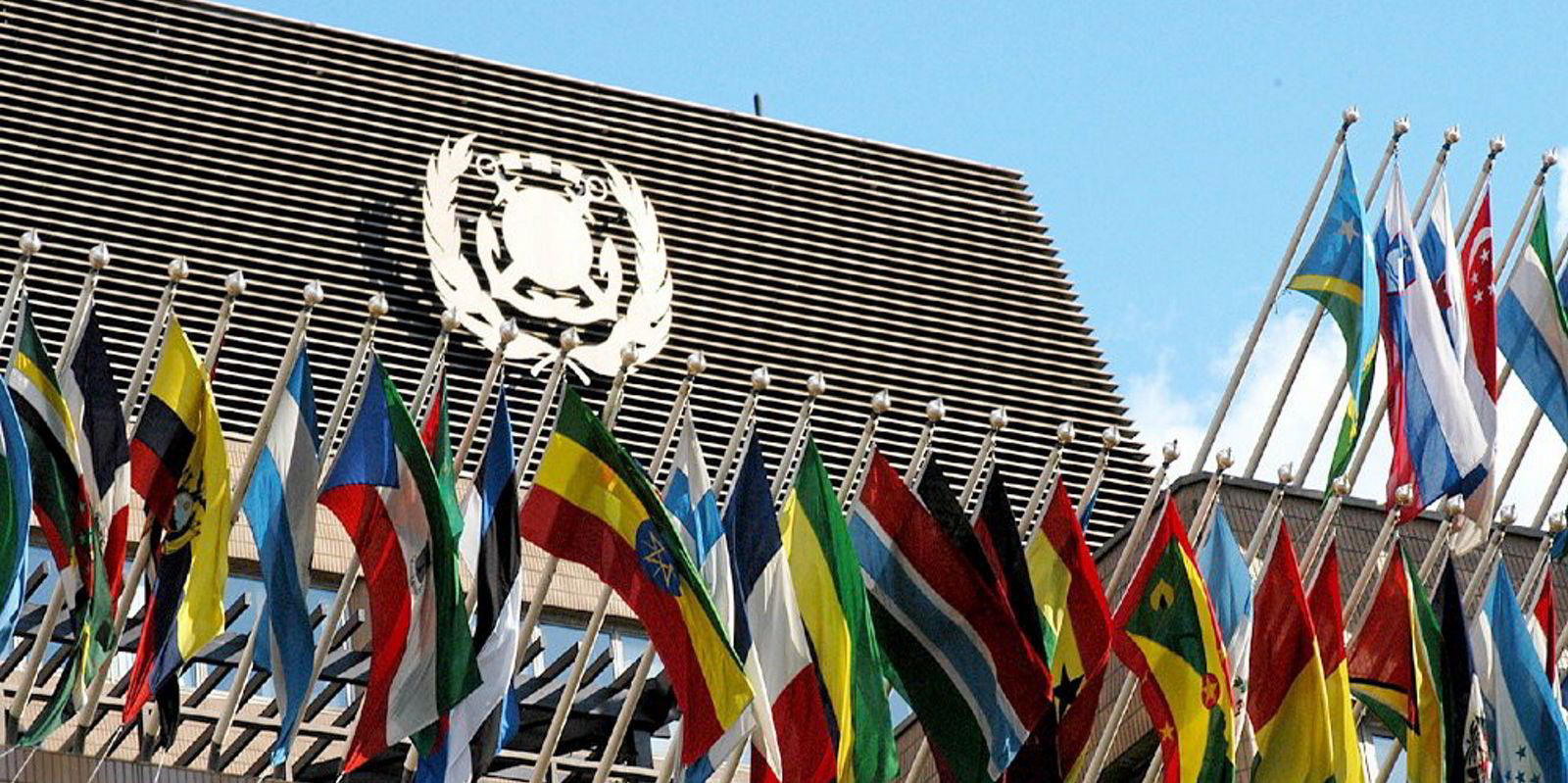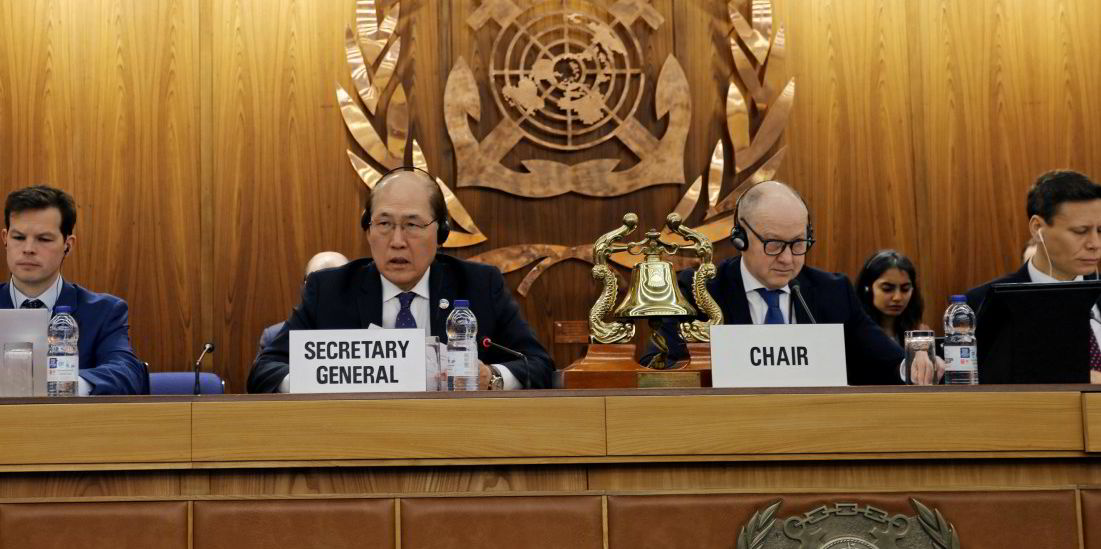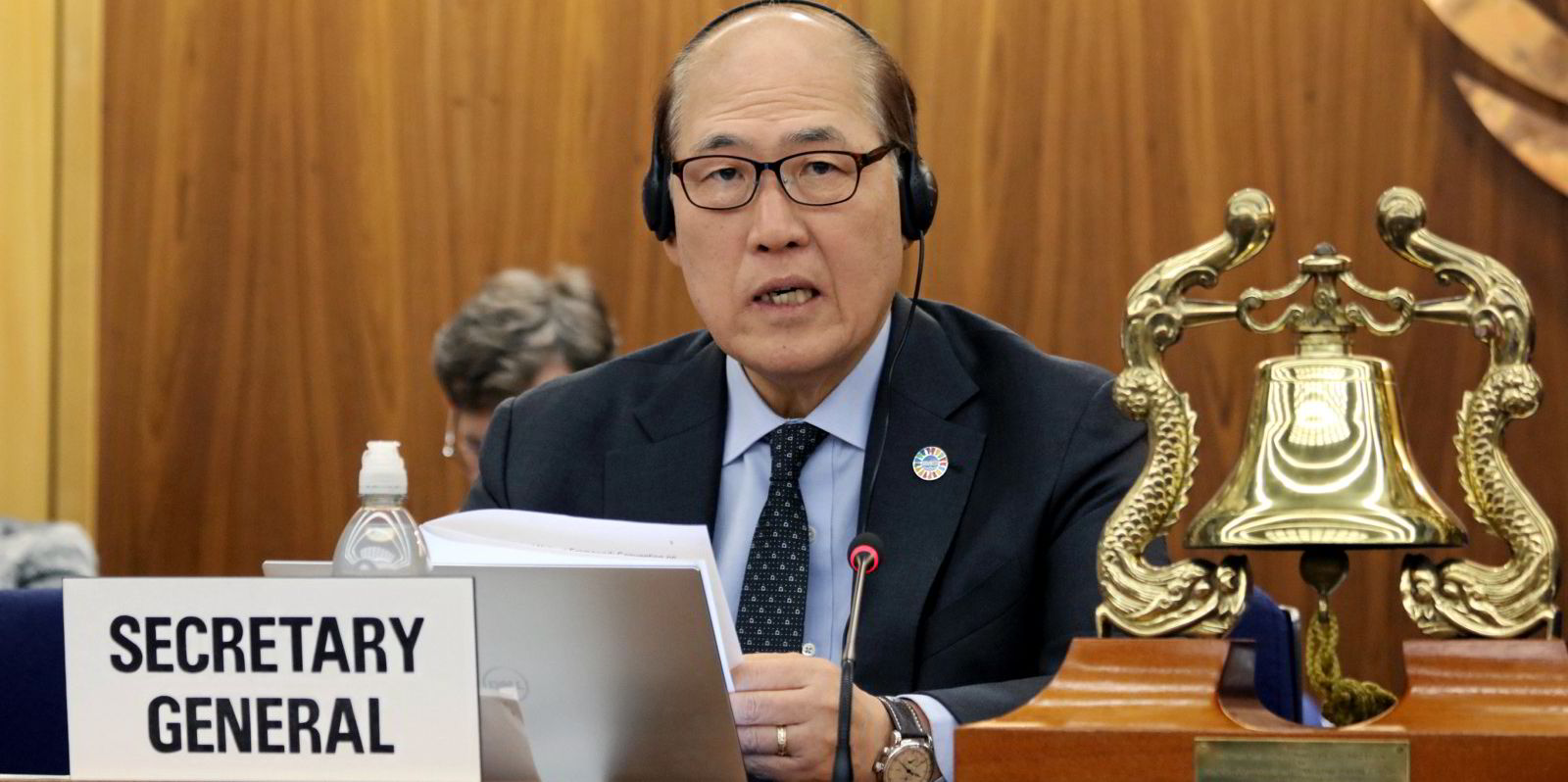A G7 environment and transport meeting in Sapporo, Japan, has reiterated its commitment to achieving zero greenhouse gas emissions from shipping by 2050.
The announcement will add pressure on the International Maritime Organization to follow at a critical Marine Environment Protection Committee (MEPC) meeting in July that will decide whether to match the G7 target.
The G7 grouping of developed economies said it is committed to “strengthen global efforts to achieve GHG life cycle zero emissions from international shipping by 2050 at the latest”.
It will also push for intermediary targets in 2030 and 2040 at the MEPC meeting.
The G7 wants to see medium-term measures to achieve the goals established by 2025, including “regulatory signals” and “incentives” that would “accelerate the transformation of shipping, such as the introduction of zero-emission ships in the early stage”.
It also emphasised that the transition needs to be “just and equitable”, in reference to developing economies.
The G7 also agreed to establish at least 14 green shipping corridors between member countries by the middle of this decade and to work to set up additional green corridors around the world.
As TradeWinds earlier reported, the IMO looks set to endorse the 2050 zero-emissions target at its MEPC meeting.
Its current 2050 target is to cut shipping’s greenhouse gas emissions by at least 50%, compared with 2008 levels.
However, a strong lobby group within the IMO, including China, India, Argentina and Brazil, opposes the commitment to zero emissions by 2050.
The IMO also has to find a way to set a higher ambition for international shipping without disadvantaging developing economies.
At the Sapporo meeting, the G7 also committed to “accelerate the phase-out of unabated fossil fuels so as to achieve net zero in energy systems by 2050”.
There were further commitments to increasing offshore renewable energy targets.





